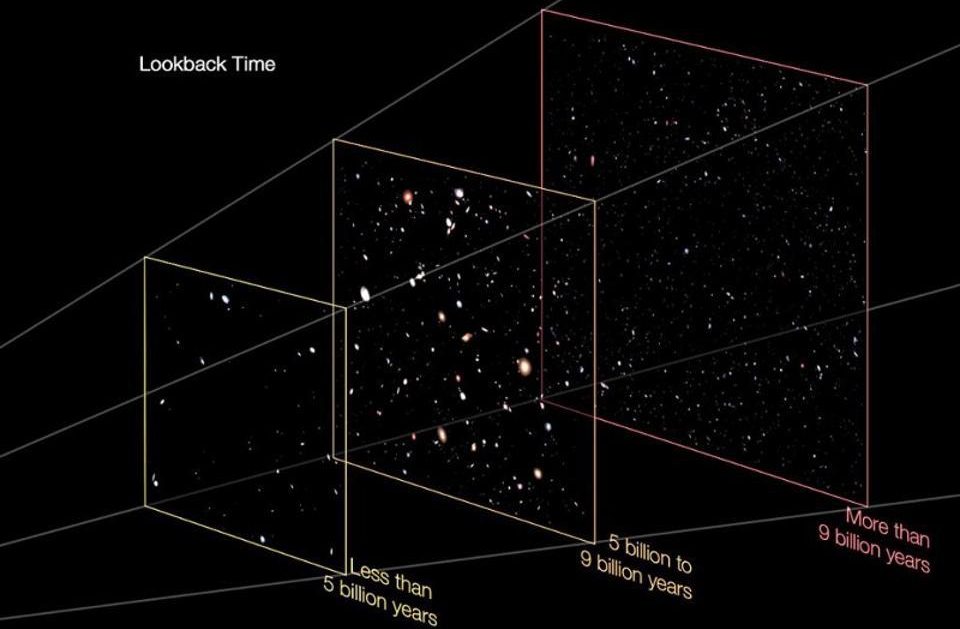Milton Glaser has no problem with mediums that limit design potential—they can produce great work—but he worries that technology is removing the most powerful instrument of art from the equation: pencil and paper. He also opposes Internet-enabled crowd sourcing, which produces subpar work and “exploits the innocent.”
Question: As magazines move from print to the Internet, is their design potential lost?
Milton Glaser: Well, at the moment, the Internet is enormously limiting in terms of the capacity for innovation and variation. I mean, if you look at it, everything is pretty much the same because of the constraints of the screen and the lack of the peculiar things that happens with ink and paper—it is an enormously limiting medium. Not to say that enormously limiting mediums cannot produce great work. [They] can. If you stop to think about making an etching—you realize you have a plate of metal, you have to make little scratches, then you have to fill them with ink and then you have to put some damp paper on top of that. And given all of that, you can still produce the most extraordinary things.
You realize that limitation of materials and scale and so on are not the central issue, except for the fact that when you look at the electronic world, you just realize that the amount of repetition and images that are totally determined by the medium itself. Tools are tremendously powerful in changing the nature of what you were wanting to express. There's a big difference between doing a drawing of something with pencil on a sheet of paper and trying to recreate that experience from existing material that you assemble on a screen. And curiously, the pencil and paper turns out to be the most potentially expressive medium for reasons that are very complex to understand.
So in truth, there is no profound limitation on what you can do in terms of the imagination on a screen electronically, but as it turns out, the material that you produce is so dominated by the peculiarities of electronic transmission that when we look at it, we see so many things that look exactly the same. It turns out to be, as is often the case, first, it feels like the most enormously potential instrument that any designer could have, and then it turns out to be something that so dominates your thinking process that you have to be very wary and very suspicious of its power.
Question: What do you make of the trend of crowdsourcing design?
Milton Glaser: Well, it's a bigger development, I mean. And it exploits the innocent and it very rarely produces good results. I mean, it's not that some very beginning person can't do good work or even something about the fact that, statistically, if you get a thousand pieces you're likely to find one that is excellent. My experience with all this sort of free work and general calls for submission is that they produce very low-level responses. It is also a real exploitation of the innocent. And people are so desperate to find a way of becoming visible that you can get anybody to work for nothing.
One of the curious things that happens in the field is that, because our activity is linked to the arts and the arts are not supposed to be concerned with money—after all, money is impure, it's not fine—there's a tremendous amount of inquiry about free work. You can—as I probably have in the last two weeks—get twenty calls from people who want and expect you to do something without being paid for it, because of visibility or because you're not supposed to be interested in money. Well, that's not exactly the case. And so it is, I think, fundamentally exploitive. You wouldn't go into a butcher shop and ask for a pound of steak without anticipating that you would have to pay for it.
Question: Do you like the trend of people becoming designers without formal training?
Milton Glaser: Well, that's a complex question. The question of the degree of skill and classicism in anyone's makeup depends very much on context and capacity. People have different aptitudes. It is possible to be self-taught in any area, but the issue of whether somebody should have a classical education depends very much on genre. For instance, is it necessary to have a classical education in music? Well, if that means to develop skills and understanding about composition and also to be able to play a piano or any other instrument to where you can express your ideas, I would say you would be severely limited if you couldn't do those things. I think the same thing is true in the world of design.
I'm totally obsessed with the idea of drawing as being the fundamental tool and instrument by which you understand what you're looking at, and there is no replacement for that. The idea of looking at something, letting it enter your brain, transforming it, moving it down the neurological path to your hands, moving your hand to create something that can be evaluated by your brain and corrected, that iteration, that conversation between the mind and the hand, it seems to me, is the way we learn what is real. And the issue in the arts, very often is that question, “What is real?” And the distinction [is] between what we pre-imagine the world to be and what enables us to see it with clarity and understanding.
So there is nothing that I know of, or have experienced, that enables us to engage the world better than the act of drawing and being able to create form as we see it. And people spend their entire life trying to learn how to draw. And then, after years and years of effort, they discover that they can successfully replicate what's in front of them. It's a kind of drawing that appears in all the art classes and all the studios as people learn how to do it in the world. And then finally you learn that you can represent what is in front of you accurately [and] at the same time you learn that it's not the point, that that is only the beginning of the real point, which is how to engage what is real.
Recorded on: August 27, 2009





